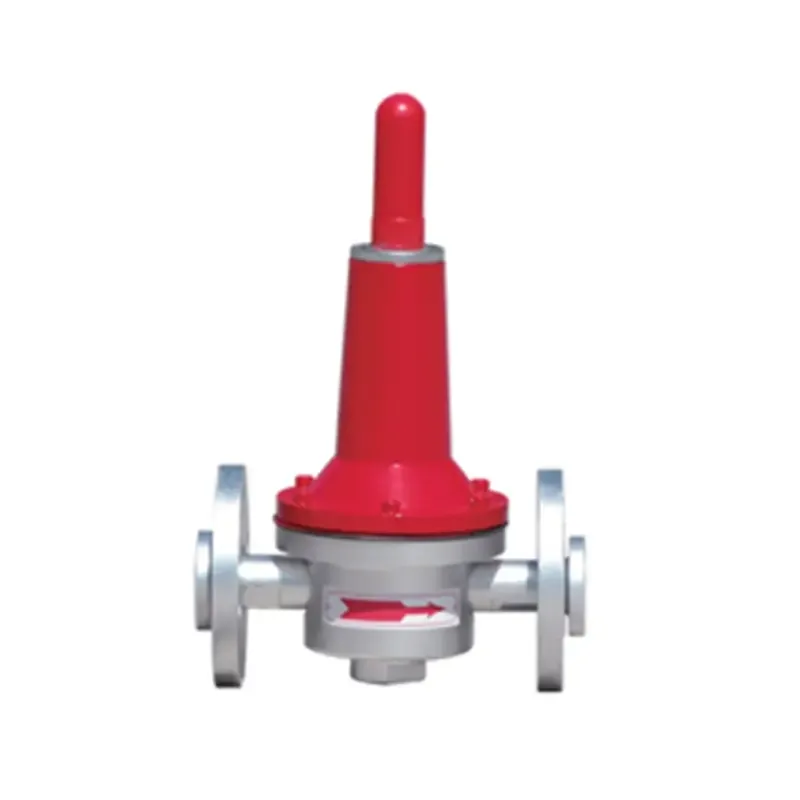
Dec . 05, 2024 14:10
Back to list
gas filter separator
Understanding Gas Filter Separators An Overview
In the world of oil and gas production, efficient separation of gas and liquid phases is crucial for ensuring both optimal extraction and the quality of produced hydrocarbons. One pivotal piece of equipment that facilitates this process is the Gas Filter Separator (GFS). Gas Filter Separators are designed to remove liquid and solid contaminants from natural gas streams, ensuring that the gas delivered for processing or commercialization is clean and meets industry specifications. This article outlines the functional aspects, advantages, and applications of gas filter separators in the industry.
Functionality of Gas Filter Separators
The primary function of a Gas Filter Separator is to segregate three main components gas, liquids (such as water and hydrocarbons), and solid particles (like sand and dust). The operation typically begins with the incoming gas mixture entering the separator where it undergoes various physical separation processes.
1. Gravity Separation Once inside, the heavier liquid components are allowed to settle at the bottom due to gravity. The design incorporates a collection chamber for these liquids, which may include produced water, hydrocarbon liquids, or emulsions.
2. Filtration As the gas rises, it passes through filter elements that trap solid particles. These filters play a critical role in ensuring that the gas is as clean as possible, reducing wear and tear on downstream equipment such as compressors and pipelines.
3. Cyclonic Action In many designs, cyclonic action is employed where gas enters at an angle, creating a swirling motion. This motion helps to further separate the liquid droplets from the gas, enhancing the efficiency of the separation process.
4. Outlet Streams The cleaned gas exits the separator through the upper outlet, while the collected liquids can be drawn off for further processing or disposal, depending on their nature.
Advantages of Gas Filter Separators
Gas Filter Separators offer numerous advantages that make them essential in gas processing operations
2. Reduced Maintenance By filtering out contaminants, GFS units minimize the risk of damage to downstream equipment, which in turn reduces maintenance costs and downtime.
gas filter separator

3. Compact Design Modern GFS units are designed to be compact, allowing easy integration into existing facilities without requiring extensive alterations.
4. Versatility Gas Filter Separators can handle a variety of gas compositions, making them suitable for use in diverse applications across the oil and gas industry.
5. Customization They can be tailored to meet specific operational needs, with options for varying filtration grades, pressure ratings, and material construction.
Applications in the Industry
The applications of Gas Filter Separators are widespread across the oil and gas sector. They are commonly used in
- Natural Gas Processing Before gas is sent for processing or into pipelines, GFS units ensure that it is free from contaminants, enhancing the efficiency and safety of downstream operations.
- Oil and Gas Production Sites At production sites, GFS units serve to separate produced gas from water and other liquids, allowing for better recovery of valuable gas while treating effluents appropriately.
- Refinery Operations In refineries, these separators help in refining operations by providing clean gas streams needed for various processes.
- Coal Bed Methane Extraction In the extraction of unconventional gas sources like coal bed methane, GFS units play a crucial role in managing the water and gas produced during specific extraction methods.
Conclusion
Gas Filter Separators are fundamental components of efficient gas processing systems in the oil and gas industry. By effectively separating gas from liquids and solids, they not only ensure compliance with quality standards but also protect downstream equipment, facilitating smoother operations. As the industry continues to evolve and face new challenges, innovations in Gas Filter Separator technology are expected to enhance their performance, further solidifying their role in efficient hydrocarbon production.
Latest news
-
Safety Valve Spring-Loaded Design Overpressure ProtectionNewsJul.25,2025
-
Precision Voltage Regulator AC5 Accuracy Grade PerformanceNewsJul.25,2025
-
Natural Gas Pressure Regulating Skid Industrial Pipeline ApplicationsNewsJul.25,2025
-
Natural Gas Filter Stainless Steel Mesh Element DesignNewsJul.25,2025
-
Gas Pressure Regulator Valve Direct-Acting Spring-Loaded DesignNewsJul.25,2025
-
Decompression Equipment Multi-Stage Heat Exchange System DesignNewsJul.25,2025

